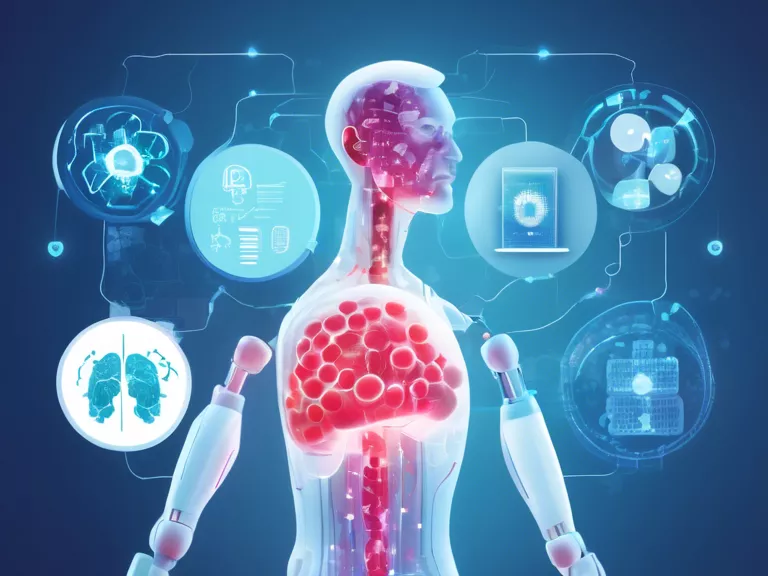
As technology continues to advance, the future of healthcare is becoming increasingly digitized. The integration of wearables, telehealth, and artificial intelligence (AI) is revolutionizing the way we approach healthcare, providing more holistic care to patients.
Wearables, such as fitness trackers and smartwatches, allow individuals to monitor their health in real-time. These devices can track metrics like heart rate, sleep patterns, and activity levels, providing valuable data to both patients and healthcare providers. This data can help individuals make informed decisions about their health and can also alert healthcare providers to potential issues before they become serious.
Telehealth, or telemedicine, enables patients to receive medical care remotely through video conferencing or other virtual platforms. This technology is especially beneficial for those who live in remote areas or have limited access to healthcare services. Telehealth appointments can save time and money for both patients and providers, while still ensuring that individuals receive the care they need.
AI is another game-changer in the world of healthcare. Machine learning algorithms can analyze vast amounts of data to make more accurate diagnoses, personalize treatment plans, and even predict future health outcomes. By harnessing the power of AI, healthcare providers can deliver more precise and efficient care to their patients.
By integrating wearables, telehealth, and AI, healthcare providers can offer more personalized and comprehensive care to their patients. This combination of technologies allows for continuous monitoring, remote consultations, and data-driven decision-making, leading to improved health outcomes for individuals.
The future of digital health is bright, with wearables, telehealth, and AI at the forefront of innovation. By embracing these technologies and integrating them into traditional healthcare practices, we can provide more holistic care to patients and improve the overall health and well-being of society.



